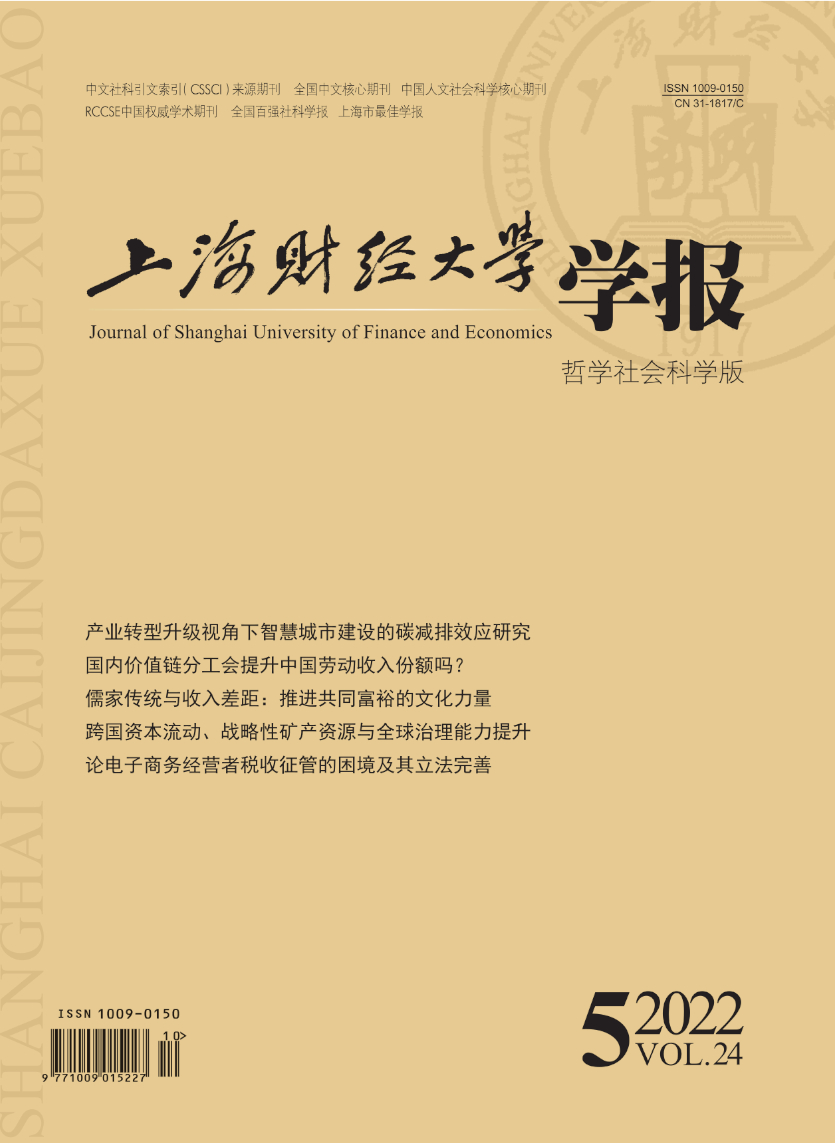The tunneling of controlling shareholders has always been an important topic in the field of corporate governance and capital market supervision. Since January 1, 2018, listed companies in Shanghai and Shenzhen stock markets have fully implemented the new audit reporting standards, which has been paid much attention to by academics and regulators, but little literature provides the disclosure effect of critical audit matters (CAMs) on the tunneling of controlling shareholders. With the help of tunneling text information from the new audit reporting standards, taking Chinese A-share listed firms from 2017 to 2019 as the sample, this paper investigates the effect of CAM disclosure on the tunneling of controlling shareholders from tunneling matters. The empirical results show that tunneling-related CAMs can effectively inhibit the tunneling of controlling shareholders. Further test shows that when the intensity of tunneling-related CAMs is stronger, the risk-matching degree is higher, or experts are used to deal with them, the governance effect of tunneling-related CAMs on the tunneling of controlling shareholders will be stronger. The mechanism test shows that the governance effect of tunneling-related CAMs is achieved by administrative attention costs and the pressure of market supervision. Finally, from the perspective of equity balance environment that reflects the agency problem of controlling shareholders, the governance effect of tunneling-related CAMs on the tunneling of controlling shareholders is more pronounced in companies with weak equity balance. The conclusions of this paper show that the disclosure of tunneling-related CAMs in the new audit reporting standards has certain information content and plays the value insurance function of protecting the interests of small shareholders.
This paper makes the following contributions: First, it enriches the growing body of research on the implementation of the new audit reporting standards from the tunneling of controlling shareholders. Different from the existing research on the disclosure effect of CAMs, this paper expands the research on the economic consequences of CAM disclosure from the second type of the agency theory by using the tunneling-related text information in the new audit reporting standards, and provides an important reference for evaluating the implementation effectiveness of the new audit reporting standards from the perspective of tunneling-related CAM disclosure. Second, it expands the relevant research on the governance effect of the tunneling of controlling shareholders from the public information disclosure of CAMs in the new audit reporting standards. Different from the existing traditional governance mechanism for the tunneling of controlling shareholders, this paper provides the positive governance role of the risk-matching of tunneling-related CAMs on the tunneling of controlling shareholders from the level of public information disclosure of CAMs. It is of great significance to improve the agency problem of controlling shareholders and protect the interests of investors from the level of institutional dividend of the new audit reporting standards.





 5039
5039  6493
6493

